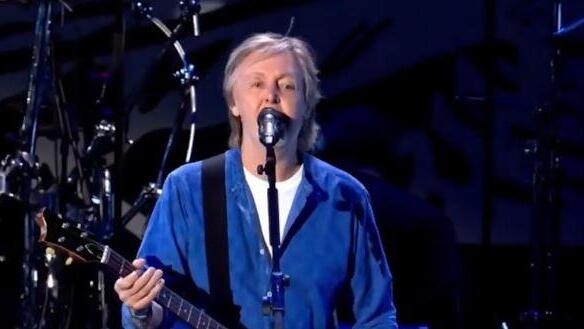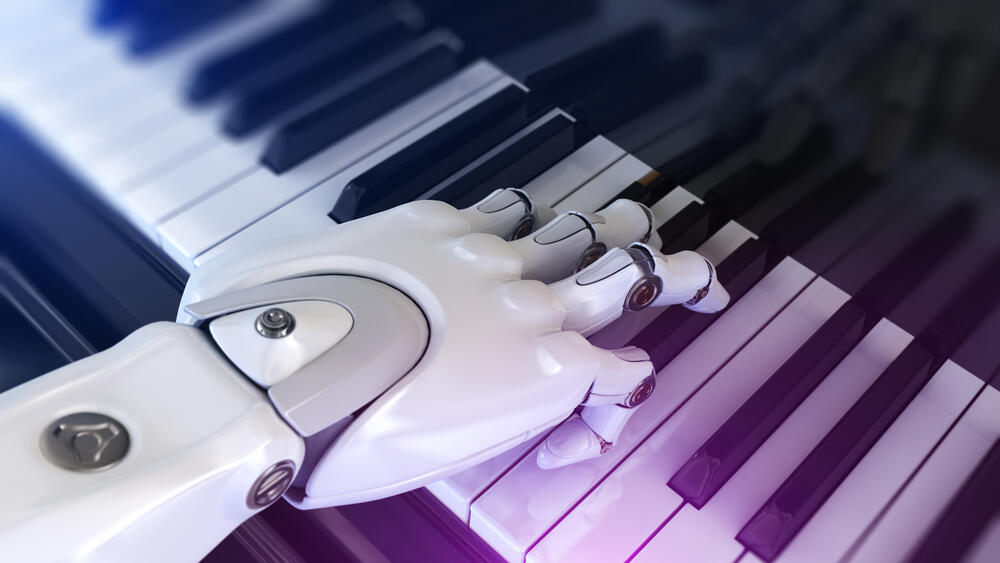The field of music has undeniably witnessed the profound impact of the artificial intelligence revolution. This includes the resurrection of dead artists, collaborations between singers who never shared a studio, and the ability to generate fresh lyrics and melodies using AI.
This evolving trend provokes contemplation, particularly regarding copyright and attribution for such creations. Should credit be ascribed to humans or machines? Moreover, if AI is credited, another question arises: Does the innovative technology deserve public acknowledgment, including accolades and awards?
The National Academy of Recording Arts and Sciences, responsible for the Grammy Awards, finds itself grappling with this very issue in light of technological advancements reshaping the world and the music industry.
This deliberation surrounding AI's role as song creator is evident in the Academy's recently published regulations for the upcoming 66th Grammy Awards ceremony. One of the new rules explicitly states that "only human creators are eligible for nominations, consideration for victory, or inclusion as nominees or winners of a Grammy. Works devoid of any human authorship cannot be considered in any category."
Interestingly, the newly established rules do not strictly forbid the incorporation of AI in nominated works. Such works can still be eligible for recognition and potential accolades. However, it is crucial to note that AI itself cannot be recognized as the winner, as the words "and the award goes to ChatGPT" remain too bizarre to be uttered.
In accordance with the guidelines, the human component of the submitted work must hold significance and relevance to the specific category. For instance, if a work is submitted in the songwriting category, the human contribution to the writing must be substantial.
2 View gallery


Paul McCartney announced that a 'new' Beatles song is the result of AI technology
(Photo: Screenshot)
Just a week ago, Paul McCartney made a fascinating revelation that a forthcoming Beatles song had been made possible by harnessing the power of artificial intelligence. Through the innovative use of technology, John Lennon's voice was isolated from old tapes and seamlessly integrated into the song.
However, McCartney's reaction to this advancement was a mix of apprehension and anticipation. He acknowledged the potential of the technology, stating that "it was both scary and exciting," and emphasized the need to observe and understand its future implications.


